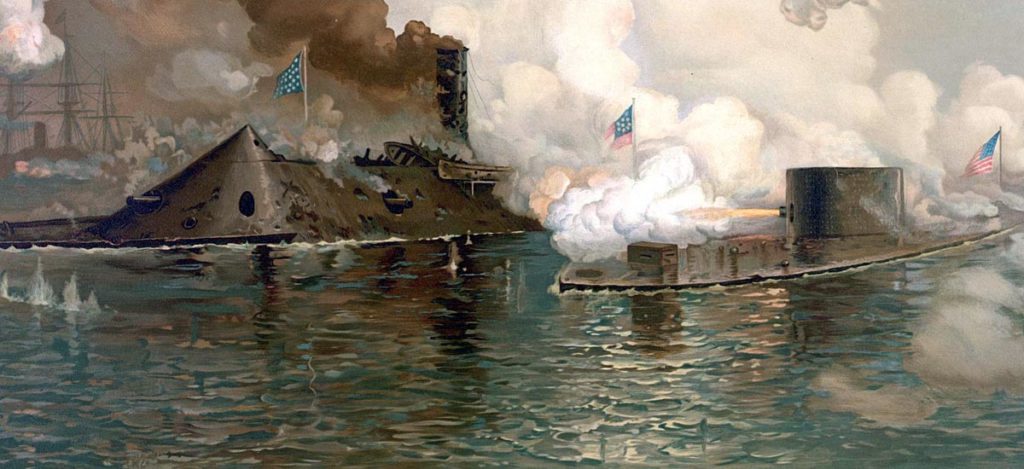March 1 — March 15, 2022
History Matters
Showing our children that their past is prelude to their future
The ambassadors of goodwill who join the Peace Corps are an important American “export.”
It all began at 2:00 on a 1960 morning with impromptu remarks by Senator John F. Kennedy. After arriving in Ann Arbor, MI for a presidential campaign swing, 10,000 University of Michigan students received him, anxious to glimpse the handsome candidate. He addressed the crowd, had a thought, and said, “how many of [you] … would be willing to serve [your] country and the cause of peace by living and working in the developing world?”
The throng roared its approval.
Kennedy won the election, and on March 1, 1961, he issued an executive order which created the Peace Corps as an agency of the Department of State. In subsequent years, approximately 250,000 volunteers served. Their mission, according to History.com, is threefold: “(1) to help the peoples of interested countries in meeting their need for trained men and women; (2) to help promote a better understanding of Americans on the part of the peoples served; and (3) to help promote a better understanding of other peoples on the part of Americans.”
The Grateful American Book Prize recommends When the World Calls: The Inside Story of the Peace Corps and Its First Fifty Years by Stanley Meisler.

The Civil War was fought mostly on the ground, but it also generated a ramp up in sophistication of naval combat; on March 9, 1862, two ironclad warships, the U.S.S. Monitor, and the C.S.S. Virginia—the first of their kind– pounded each other–to a draw—in Hampton Roads, VA.
The rebels captured the Union’s Navy’s ship–the USS Merrimack, and renamed it the CSS Virginia, and the Union constructed the USS Monitor from scratch:
“Designed by Swedish engineer John Ericsson, the vessel had an unusually low profile, rising from the water only eighteen inches. The flat iron deck had a 20-foot cylindrical turret rising from the middle of the ship; the turret housed two 11-inch Dahlgren guns,” according to History.com.
Neither side claimed a victory in the four-hour battle of ricocheting cannonballs. But eventually, the rebels scuttled the CSS Virginia, the Monitor sunk in Cape Hatteras, and the new iron façade technology recasted maritime warfare.
The Grateful American Book Prize recommends Iron Thunder: The Battle Between the Monitor & the Merrimac by Avi.

On March 12, 1776, the sacrifices of the Founding Mothers were finally recognized; a notice appeared in the newspapers, which said: “The necessity of taking all imaginable care of those who may happen to be wounded in the country’s cause, urges us to address our humane ladies, to lend us their kind assistance in furnishing us with linen rags and old sheeting, for bandages.”
According to History.com, “On and off the battlefield, women were known to support the revolutionary cause by providing nursing assistance. But donating bandages and sometimes applying them was only one form of aid provided by the women of the new United States. From the earliest protests against British taxation, women’s assent and labor was critical to the success of the cause. The boycotts that united the colonies against British taxation required female participation far more than male—in fact, the men designing the non-importation agreements generally chose to boycott products used mostly by women.”
That year, John Adams was reminded by his wife, Abigail, about the contributions of the humane ladies. While he toiled with the semantics of the Declaration of Independence with Thomas Jefferson, she wrote to him in Philadelphia: “And, by the way, in the new code of laws which I suppose it will be necessary for you to make, I desire you would remember the ladies and be more generous and favorable to them than your ancestors. Do not put such unlimited power into the hands of the husbands.”
For more information, the Grateful American Book Prize recommends The Role of Women in the American Revolution by Hallie Murray.

History Matters is a biweekly feature courtesy of The Grateful American Book Prize.




